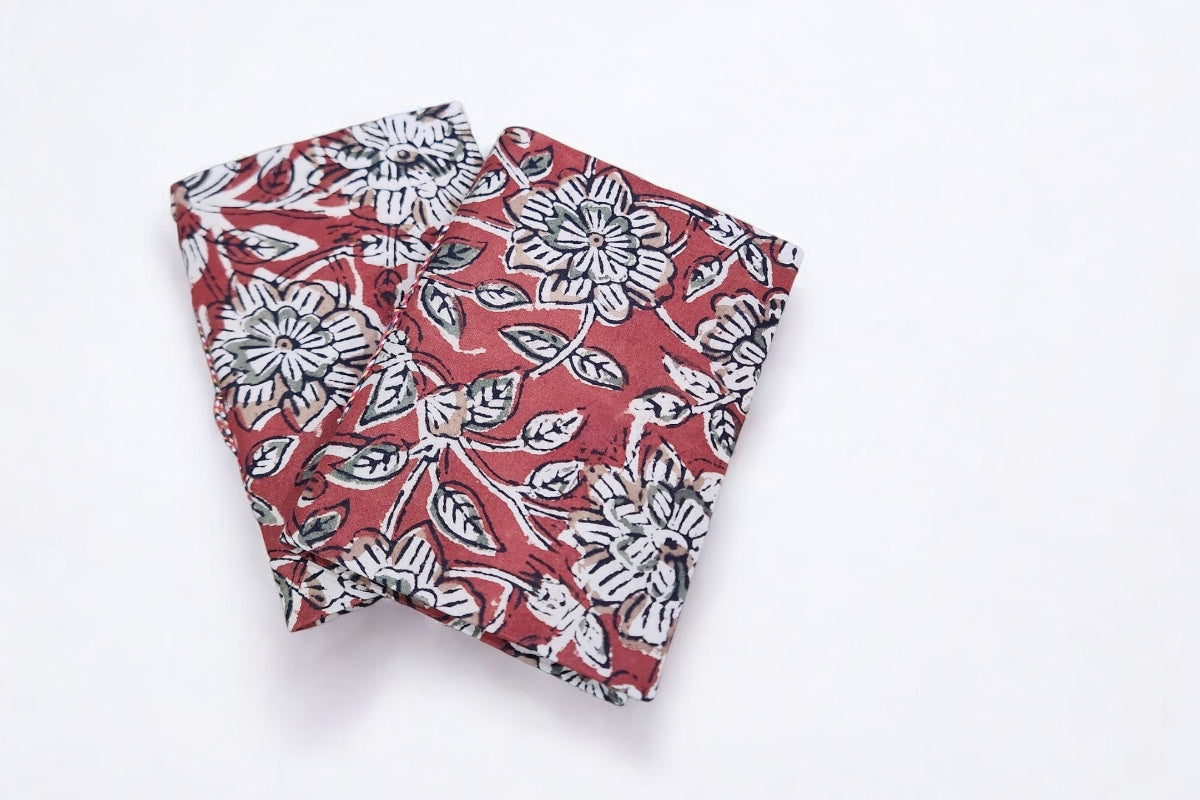The realm of manufacturing is undergoing a transformation, evolving from its conventional ways to embrace a more sustainable future. In this era of heightened environmental consciousness, sustainable manufacturing isn't just an option; it's a necessity. As industries continue to burgeon, the call for eco-friendly solutions grows louder. In this blog post, we delve into inventive strategies that not only reduce the carbon footprint but also promise a future where sustainability and profitability harmoniously coexist.
Revolutionizing with Circular Insight:
Breaking free from the linear shackles of production, manufacturers are increasingly adopting the circular economy ethos. This involves designing products with a second life in mind—products that can be dismantled, repurposed, or recycled. Incorporating recycled materials, designing for longevity, and instigating take-back programs are all integral aspects of this circular paradigm, reshaping the manufacturing landscape.
Energy Mastery and Renewable Resurgence:
In the quest for sustainability, energy efficiency takes centre stage. Manufacturers are investing in cutting-edge technologies and processes that trim down energy consumption. From revamping machinery to optimizing production schedules, the focus is on intelligent energy management. Furthermore, the shift towards renewable energy sources, such as solar and wind power, is a strategic move that not only cuts emissions but also future-proofs against fossil fuel price volatility.
Waste Warriorship and Resource Reincarnation:
Sustainable manufacturing is fundamentally about tackling waste at its roots. Lean manufacturing principles come into play, streamlining processes to minimize waste. Simultaneously, robust recycling programs are being established, transforming materials like paper, plastic, and metals from potential pollutants into valuable resources.
Sustainable Synergy in Supply Chains:
Manufacturers are realizing the importance of a green supply chain. Collaboration with suppliers is no longer just a transaction; it's a partnership that demands environmental responsibility. From choosing eco-conscious suppliers to promoting sustainable transportation options, the entire supply chain is becoming an ecosystem where sustainability thrives.
Digital Ingenuity in Industry 4.0:
The marriage of digital technologies and Industry 4.0 is revolutionizing sustainable manufacturing. Internet of Things (IoT) devices, sensors, and real-time data analytics are the new architects of efficiency, keeping waste and energy consumption in check. Robotics and automation play their part, optimizing production while minimizing the ecological footprint.
Environmental Scrutiny with Life Cycle Assessment (LCA):
To truly grasp and mitigate environmental impact, manufacturers are conducting rigorous Life Cycle Assessments. This holistic evaluation scrutinizes every phase of a product's existence, providing insights from raw material extraction to disposal. Armed with this knowledge, companies make informed decisions, sculpting a more sustainable path forward.
People Power: Employee Engagement and Training:
In the orchestra of sustainable manufacturing, the human touch remains irreplaceable. Engaging employees in sustainability initiatives and providing them with the tools and knowledge to champion eco-friendly practices creates a workforce that's not just efficient but also passionate about the environment.
Conclusion:
Sustainable manufacturing is not merely a trend; it's a pioneering journey into a future where industry and ecology coalesce seamlessly. Through innovative strategies like embracing circular economies, harnessing renewable energy, and leveraging digital technologies, manufacturers are not just meeting environmental benchmarks; they're setting the stage for long-term success in a world that places a premium on ethical and sustainable practices. As we navigate this transformative era, these strategies aren't just about manufacturing; they're about pioneering a green revolution that reverberates across industries, paving the way for a brighter, greener, and more sustainable tomorrow.



